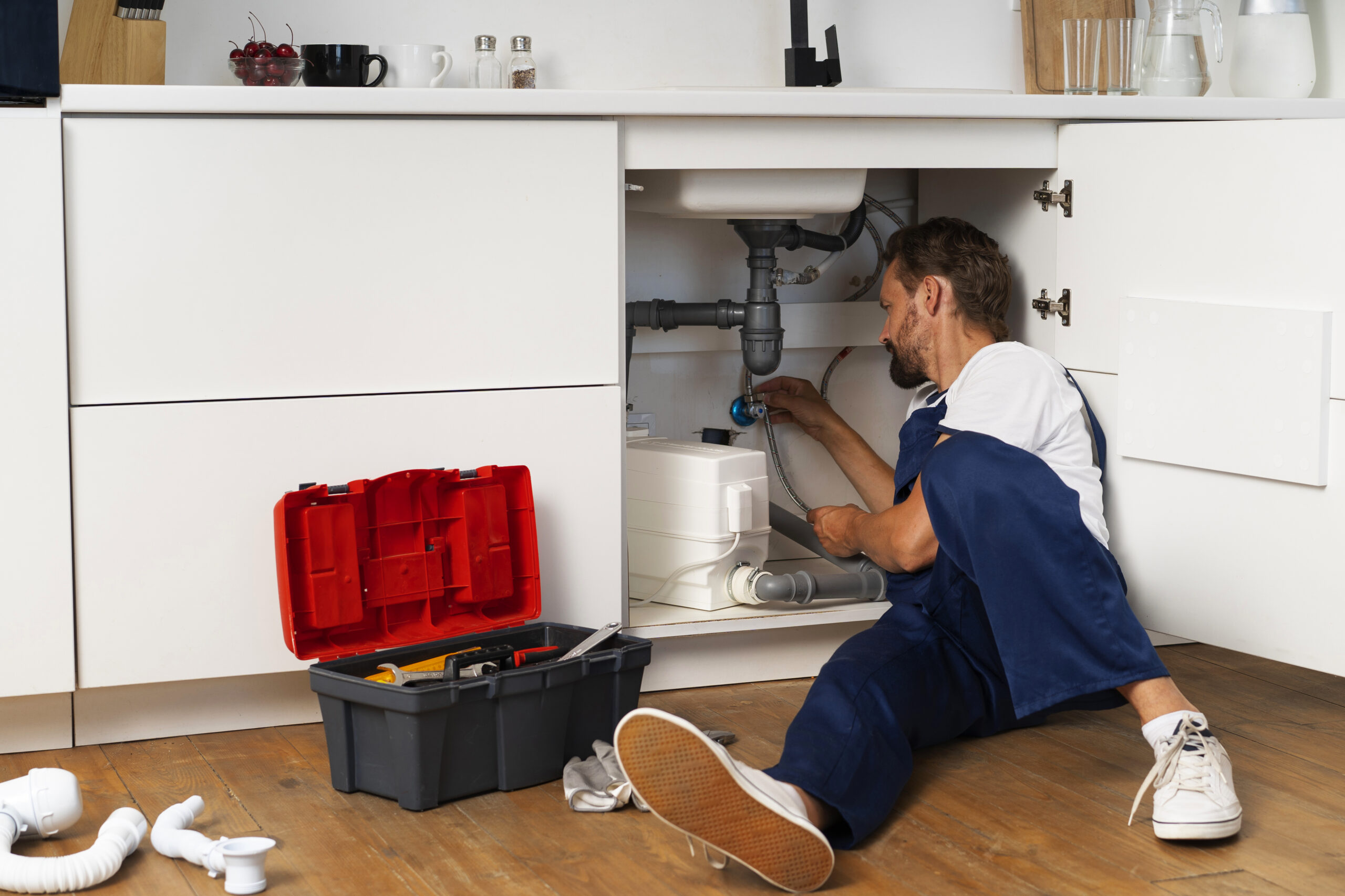Deciding whether to install a water softener in your home depends on several factors, including the hardness of your water, your household needs, and your personal preferences. Here are some key considerations to help you decide:
Benefits of Installing a Water Softener
Prevents Scale Buildup:
-
Soft water prevents the formation of scale in pipes, water heaters, and appliances, which can prolong their lifespan and improve efficiency.
Improves Cleaning:
-
Soft water makes soap and detergents more effective, leading to cleaner dishes, clothes, and surfaces. It also reduces soap scum and spotting on dishes and fixtures.
Healthier Skin and Hair:
-
Soft water is gentler on the skin and hair, helping to prevent dryness and irritation.
Saves Energy:
-
By preventing scale buildup in water heaters, soft water can improve energy efficiency, reducing your utility bills.
Extends Appliance Lifespan:
-
Appliances such as dishwashers, washing machines, and coffee makers can last longer and require fewer repairs when using soft water.
Considerations Before Installing a Water Softener
Water Hardness Level:
-
Test your water to determine its hardness level. If the water hardness is above 7 grains per gallon (gpg) or 120 milligrams per liter (mg/L), a water softener may be beneficial.
Initial and Ongoing Costs:
-
Consider the cost of purchasing, installing, and maintaining a water softener. This includes the initial investment and the ongoing cost of salt or potassium chloride for regeneration.
Health Concerns:
-
Water softeners using sodium can increase the sodium content in your water, which might be a concern for those on low-sodium diets. Potassium-based softeners are an alternative but can be more expensive.
Environmental Impact:
-
The discharge from water softeners can contribute to increased salinity in wastewater, which can impact the environment. Check local regulations regarding water softener discharge.
Maintenance Requirements:
-
Water softeners require regular maintenance, such as refilling the salt or potassium, cleaning the brine tank, and periodic servicing to ensure optimal performance.
Space and Installation:
-
Ensure you have the space to install a water softener and that it can be integrated into your existing plumbing system. Professional installation is often recommended.
Alternatives to Water Softeners
If you’re concerned about the drawbacks of traditional water softeners, consider these alternatives:
Water Conditioners:
-
These devices use methods such as magnetic fields, electronic pulses, or catalytic media to reduce scale buildup without adding salt to the water.
Reverse Osmosis Systems:
-
While primarily used for drinking water, these systems can effectively reduce hardness and other contaminants, providing high-quality water at specific points of use.
Whole House Filtration Systems:
-
These systems can address a variety of water quality issues, including hardness, without the need for salt or chemicals.
Summary
Installing a water softener can provide significant benefits, especially if you have hard water. However, it’s important to weigh the costs, health considerations, environmental impact, and maintenance requirements. Testing your water and consulting with a water treatment professional can help you make an informed decision tailored to your specific needs.


